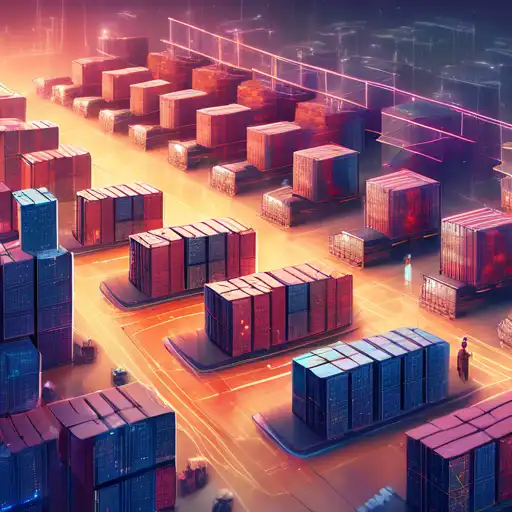The Transformative Power of Blockchain in Modern Supply Chains
In the digital age, blockchain technology is emerging as a revolutionary force in transforming supply chains across industries. By offering unparalleled transparency, security, and efficiency, blockchain is setting new standards for how goods are tracked and transactions are recorded.
Understanding Blockchain in Supply Chains
At its core, blockchain is a distributed ledger technology that allows data to be stored globally on thousands of servers. This ensures that no single entity can control the data, making it highly secure and tamper-proof. In supply chains, this technology is used to create a permanent, unchangeable record of every transaction or movement of goods.
Key Benefits of Blockchain for Supply Chains
- Enhanced Transparency: Every participant in the supply chain can access the same information, reducing discrepancies and building trust.
- Improved Security: The decentralized nature of blockchain makes it nearly impossible to hack or alter data fraudulently.
- Increased Efficiency: Automating processes with smart contracts reduces paperwork and speeds up transactions.
- Better Traceability: From raw materials to final products, every step is recorded, making it easier to trace the origin of goods.
Real-World Applications
Several industries are already leveraging blockchain to enhance their supply chains. For example, in the food industry, companies are using blockchain to track the journey of products from farm to table, ensuring food safety and quality. Similarly, in the pharmaceutical sector, blockchain helps in combating counterfeit drugs by verifying the authenticity of medications.
Challenges and Considerations
Despite its potential, the adoption of blockchain in supply chains faces challenges. These include the need for standardization across industries, the high cost of implementation, and the requirement for all participants to adopt the technology. However, as solutions to these challenges emerge, the adoption of blockchain is expected to grow.
The Future of Blockchain in Supply Chains
As blockchain technology continues to evolve, its impact on supply chains is expected to deepen. With advancements in IoT and AI, the integration of blockchain could lead to even more innovative solutions, further revolutionizing how supply chains operate.
For those interested in exploring more about digital transformation in supply chains, check out our related article.
In conclusion, blockchain technology offers a promising solution to many of the challenges faced by modern supply chains. By enhancing transparency, security, and efficiency, blockchain is not just revolutionizing supply chains but also paving the way for a more sustainable and trustworthy global trade ecosystem.
